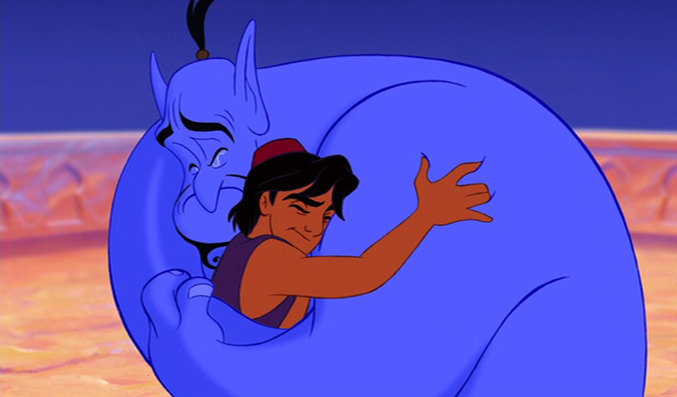By Doug Robertson (@TheWeirdTeacher)
With help from Samantha Bates (@sjsbates), Sarah Thomas (@sarahdateechur), and Rafranz Davis (@RafranzDavis)
Ferguson
*deep breath*
Here we are. My silly little edchat where we talk about all kinds of issues great and small through my own personal lens. We’ve talked about our students (and ourselves) as aliens. We’ve spoken in the voices of ourselves as children. We’ve remembered a fallen favorite actor by connecting his work to our own classrooms. We’ve rhymed an entire chat to talk about classroom flow. We were Alice Cooper.
And after two school shootings in one week we talked about guns and school safety. Because #WeirdEd is about more than just how we teach our kids math or what behavior plan to use or how data is important. #WeirdEd is about us, our kids, and our lives together. Our connection. Anyone who has read anything I’ve written about education knows I’m firmly and loudly in the Relationships First camp. And school shootings impact that connection.
And now we are here. As I write this a town in America is being torn apart by its own police force. Next Monday morning* the students of Ferguson, MO are supposed to start school. In that morning's light, by foot, bus, bike, and car, children will pass canisters of tear gas, looted businesses, spent shells, and drying blood on their way to their first day of school.
Teachers are supposed to welcome these children into their classes. We know what the first day is like. Everyone is nervous. What’s the new teacher going to be like? What are the kids going to be like? I hope she/they like me.
You settle them in, play an ice breaker, start putting names to voices and faces, go over rules and expectations, practice routines. The children are, at least in my class, very quiet those first few days. Still feeling me out. Still trying to understand me and learn the tricks of the classroom.
But the children of Ferguson will have so much more on their minds than that. So much more stress and anguish and anger and fear.
How can you possibly teach to them? How can you start building those relationships? How can the children ever trust an authority figure ever again? How would I do my job in a situation that is so much more than how to line up and is this where the dull pencils go?
#WeirdEd Weds at 7PST/#WeirdEdE Weds 7EST is going to be about Ferguson. It has to be. We cannot close our eyes and pretend it is not an educational issue. Twitter is about immediate response, and the tragedy in Ferguson continues, compounded now not only by police overreach and violence but by the children having to return to school. How can we not talk about this?
This chat will not directly be about the murder of Mike Brown. It can’t be. But it also won’t shy away from hard topics and issues. This is part of the reason I brought in Sarah and Rafranz. I respect them very much and in this topic I feel I needed more voices, more input, which I’ve seen them provide on this topic for over a week on twitter.
As with our chat about guns in school, I insist and demand complete respect from all participants. I can’t kick anyone off a hashtag but I will encourage muting or blocking of disrespectful tweeters. And I will take disrespect towards someone in #WeirdEd/E personally. Like with the gun chat, we can disagree, that’s how we learn, but we must remain civil.
I do not think that is a real concern with the teachers who come to #WeirdEd. I have said before and honestly believe that #WeirdEd collects the best group of educators on twitter, which is why we continue to grow. But with a situation like this, a topic like this, safety must be guaranteed for all participants. I trust everyone who comes to the chat to know this already, since the gun chat was even more respectful than I ever could have hoped.
My thoughts, our thoughts, are with the students of Ferguson, their families, and the teachers who must begin a school year under a dark cloud of anger, fear, and tear gas.
*Ferguson School District announced due to the unrest they will postpone the start of school a week. It was supposed to start this Monday.


